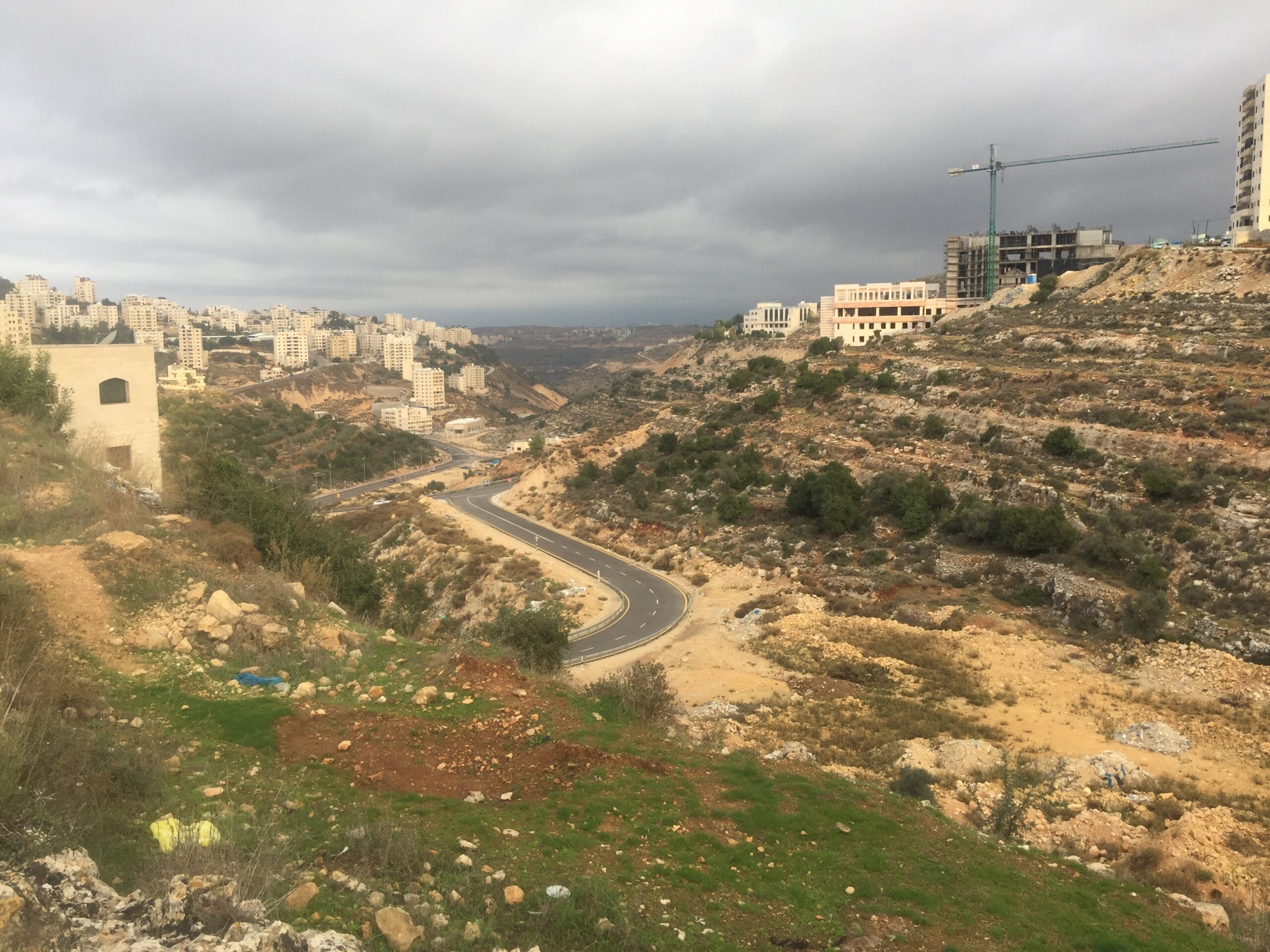“Ima, tell me a story about a lion that eats Adam,” Forat asked me. She still feels betrayed that I gave birth to her competition.
The birthday salad
Forat sat at the table, assembling goodie bags for her brother Adam’s birthday party. I had hoped that recruiting her to help with the preparations would mitigate her feelings of jealousy. Her last birthday celebration, a few months after we moved to North Carolina and in the middle of the pandemic, was a modest event compared to the party we planned today.
“You’re giving me too much work!” Forat hurled at me. “You’re making everything for Adam, cake and pizza, and for my birthday party you … you …” Her face became enraged with the effort of giving verbal expression to the very worst thing: “On my birthday, you gave me salad!” She threw the goodie bags on the floor and buried her head in her hands. I tried to suppress my laughter. Her invented memory of a birthday salad seemed particularly painful.
“Sweetheart, for your birthday I made exactly the same cake and pizza,” I said. But she stormed out of the kitchen, slapping Adam on her way out. He dropped the bowl of cake batter he was licking and burst into tears. I hugged him and considered how to respond.
Sibling rivalry
Forat experienced Adam’s birth – exactly four years ago – as a personal betrayal by her father, Osama, and me. In the early years, we had to separate them in order to protect Adam, but with time, Forat learned to express her feelings of hurt and displacement in words. She also learned to console herself with fantasies: Ima, tell me a story about a lion that eats Adam. And: Ima, tell me a story, that we go to the grocery store and leave Adam alone in the house and burglars steal him. When Adam was six months old, she dialed numbers on her toy phone and made her demand clear: “Children police? Children police? Take the baby.”
When the pandemic broke out, their relationship improved significantly. The spring 2020 lockdown in the West Bank was particularly tight, and for two months, the children didn’t leave our apartment in the Ramallah area. Isolated from her friends, Forat discovered Adam’s utility. He fell in love with his talented big sister, who introduced him to new games and represented his interests in tough negotiations with us on sweets and screen time. But since our move to North Carolina, for Osama’s sabbatical, her patience for him has waned.
I took a deep breath. “Forat, what can I do, to help you calm down?”
“Bring me Big Hello Kitty!”
“She’s in Ramallah, sweetheart, but we have Little Hello Kitty here.”
“No! I want to go back to Ramallah! I want Big Hello Kitty!” She began to cry, and for a moment I saw her as a very little girl, but also too old for the frequent moves we have imposed on her: five moves, from one continent to another, in her seven years of life. With all her skills of adaptation, she has reached the age at which she needs a stable circle of friends, outside her family.

A solution to the little brother problem
“I also miss Ramallah,” I told her and held her close to me. “But can you help me? While we’re in North Carolina, do you have ideas for what we could do to make it more pleasant at home?”
Forat didn’t miss a beat: “Get rid of Adam.”
“What should we do with him?” I inquired, trying to make space for her fantasy, as a substitute for violence against him.
![]() “When we go back to Ramallah, we’ll leave him here, with the toys that are too big to fit into the suitcases.”
“When we go back to Ramallah, we’ll leave him here, with the toys that are too big to fit into the suitcases.”
“Sweetheart, children can’t be left alone. Who would take care of him?”
“John!” she said, jumping up with excitement. John is our landlord, a tall, kind man who speaks with a charming Southern accent. “We’ll leave Adam here in the apartment, with the furniture and the kitchen supplies, and John will take care of him!”
“We would miss Adam,” I said, trying to dig myself out of the hole I had dug. “And you don’t think Adam would be sad, if we went back to Ramallah without him?”
“I’ll ask him,” she said. Before I could stop her, she walked up to Adam with a huge smile on her face. She adopted a cheery, anticipatory tone, as if she were offering him a wonderful surprise: “Adam, when we go back to Ramallah, do you want to stay here in the apartment and play with John?”
Adam returned her smile. “Yes!” he said. Adam really likes playing with John.
“There you go,” Forat said. “Adam agrees.”
I was out of ideas. “And what should we do in the meantime, while we’re still in the United States?” I asked her.
![]() “I’ll keep hitting Adam until you take me back to Ramallah and to Big Hello Kitty,” she said.
“I’ll keep hitting Adam until you take me back to Ramallah and to Big Hello Kitty,” she said.
For some reason, Adam didn’t protest. He seemed to be enjoying the fact that Forat had defeated me. The two children sat on the floor together and quietly began assembling the goodie bags for Adam’s birthday.
This post was also published on haaretz.com on November 15, 2021:
https://www.haaretz.com/us-news/.premium-when-my-daughter-realized-her-hello-kitty-doll-is-still-in-ramallah-1.10386561




את צריכה להחליף את האו”ם, המציאות תנצח את הפנטזיות . עמירם
תודה!
הוקסמתי עד עמקי נשמתי. יורם.
תודה! אני מאוד אובייקטיבית, אבל היא מקסימה אותי כל יום 🙂
שרי, הסיפור שלך מזכיר לי את הולדת הבן השני שלי. בני הבכור אז בן חמש איבד את האקסקלוסיביות שלו מהיום למחר. היום הם בני 41 ו 36 והמערכה, שעברה אמנם סובלימציה, נמשכת!
כדי להוסיף תבלין למרקחה הזאת 14 חודשים מאוחר יותר התווספה להם אחות…
לנו כבר לא היה כח והיא גדלה ״בכוחות עצמה״ – חזקה באישיותה, עצמאית עם נוכחות מרשימה. אחיה נזקקו ל״טיפול״ ממושך יותר, אבל גם הם לא מביישים את הפירמה.
שמחתי לראות שהטראגי קומי שבסיפור שלי הוא לא כ״כ אקסקלוסיבי…
בידידות
יהודה שרל
גדול! מאז ימי קן והבל
קנאת אחים היא דבר רגיל. המציאות שבתוכה גדלים השניים הללו אכן קשה ומבלבלת. מעניין מה יבחרו להיות כשיגיעו לבגרות.
אחרי שיחליטו המקלובה שלהם תהיה פחות הפוכה משל הוריהם